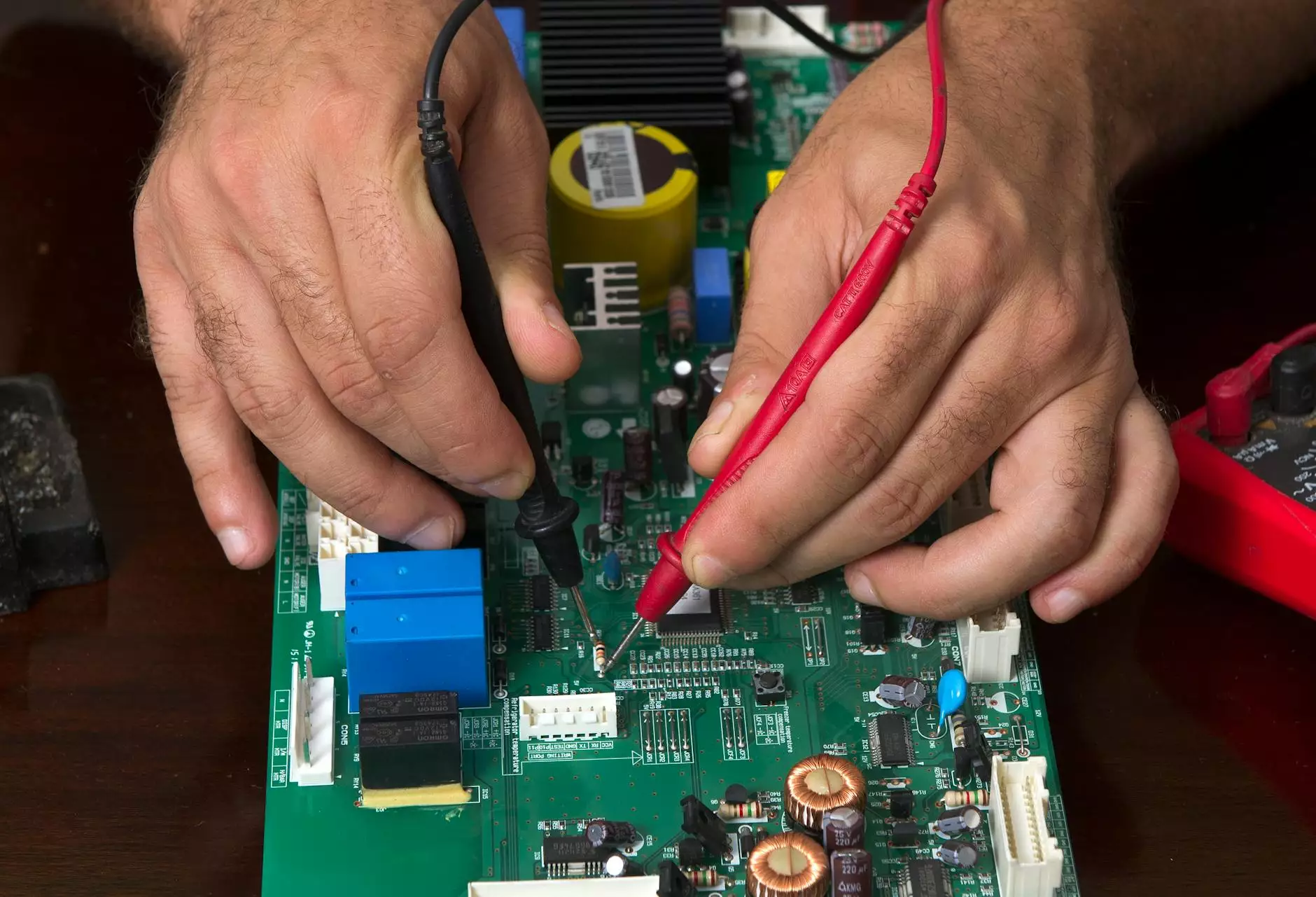The Benefits of Seeing a Holistic Podiatrist

In the realm of foot care, understanding the importance of holistic health is vital for achieving optimal wellness. A holistic podiatrist is a professional who approaches foot health with a comprehensive mindset, considering the entire body and its systems, rather than just isolated symptoms. This article delves deep into the philosophy, benefits, treatment options, and insights of seeing a holistic podiatrist.
What is a Holistic Podiatrist?
A holistic podiatrist integrates traditional podiatric practices with alternative medicine, emphasizing the interconnection between foot health and overall well-being. Unlike conventional podiatrists who may focus solely on the feet, holistic practitioners assess lifestyle, diet, and emotional health to identify the root causes of foot problems.
Core Principles of Holistic Podiatry
- Whole-body Approach: Every part of the body is interconnected, and issues in one area can affect another.
- Preventative Care: Emphasis is placed on prevention rather than just treatment, educating patients on how to maintain foot health.
- Natural Treatments: Whenever possible, holistic podiatrists utilize natural treatments and therapies to enhance healing.
- Patient Education: A strong focus on educating patients about their conditions and the healing process.
Why Choose a Holistic Podiatrist?
Choosing a holistic podiatrist offers numerous advantages compared to conventional treatment approaches. Here are some compelling reasons to consider this holistic methodology:
1. Comprehensive Evaluation
During your first visit, a holistic podiatrist will take an extensive medical history and assess your foot health in relation to your overall health. This holistic evaluation may cover:
- Your dietary habits
- Previous medical conditions
- Stress levels and mental health status
- Physical activity and exercise regimes
- Footwear and lifestyle choices
2. Customized Treatment Plans
A unique feature of holistic podiatry is the development of personalized treatment plans tailored to the individual patient's needs. These plans might include:
- Custom orthotics to relieve pressure points
- Specific exercises to strengthen foot muscles
- Dietary changes to improve inflammation and health
- Stress reduction techniques, such as yoga or meditation
- Natural supplements and alternative therapies
3. Focus on Preventative Care
Holistic podiatrists prioritize prevention, helping patients avoid potential foot problems before they arise. This proactive approach may involve:
- Regular foot assessments and screenings
- Guidance on proper footwear to prevent injuries
- Education about foot hygiene and care
- Encouraging regular movement and exercise to maintain circulation
Common Conditions Treated by a Holistic Podiatrist
Holistic podiatrists address various foot-related issues. Here are some common conditions they treat:
1. Plantar Fasciitis
Plantar fasciitis, characterized by heel pain and inflammation of the plantar fascia, can benefit from a holistic podiatrist's approach. Treatments may include:
- Stretching and strengthening exercises
- Massage therapy to relieve tension
- Custom orthotics to provide support
2. Bunions and Hammertoes
These structural deformities can lead to significant discomfort. Holistic interventions may involve:
- Footwear modifications to reduce pressure
- Exercises to improve foot strength
- Alternative therapies, such as acupuncture or herbal remedies
3. Diabetic Foot Care
Individuals with diabetes are at risk for various foot complications. A holistic podiatrist can help with:
- Regular foot examinations to detect early signs of complications
- Education on proper foot hygiene and care
- Dietary recommendations to manage blood sugar levels
Holistic Therapies Employed by Podiatrists
Incorporating various holistic therapies can significantly enhance recovery and foot health. Here are some effective treatments:
1. Acupuncture
Acupuncture can help relieve pain and promote healing through targeted stimulation of specific points on the body, thereby enhancing circulation and reducing inflammation.
2. Aromatherapy
Essential oils, when used properly, can assist in relaxation and pain relief. Holistic podiatrists might employ aromatherapy techniques during treatments to create a soothing environment.
3. Nutritional Counseling
Understanding the role of nutrition in health, holistic podiatrists often provide personalized dietary plans to support healing and prevent future issues.
The Role of Patient Education
Education plays a crucial role in holistic care. A holistic podiatrist will ensure that you are informed about:
- Best practices for foot care
- Exercises to maintain flexibility and strength
- Awareness of warning signs that require professional care
Through education, patients become active participants in their health journey, empowering them to take control of their well-being.
Finding the Right Holistic Podiatrist
When looking for a holistic podiatrist, consider the following tips:
- Qualifications and Experience: Ensure the podiatrist is licensed and has experience in holistic practices.
- Personalization: Look for a practitioner who tailors treatments to fit individual needs.
- Patient Reviews: Research feedback from patients to gauge satisfaction and effectiveness.
Conclusion
Seeking the assistance of a holistic podiatrist can dramatically impact your foot health and overall wellness. By taking a holistic approach, these professionals address the complete picture of health rather than simply treating symptoms. From preventative care to individualized treatment plans, holistic podiatry offers a unique path toward better foot health and improved quality of life. Embrace the opportunity to heal your feet with a holistic mindset and experience the profound benefits it brings to your well-being.



